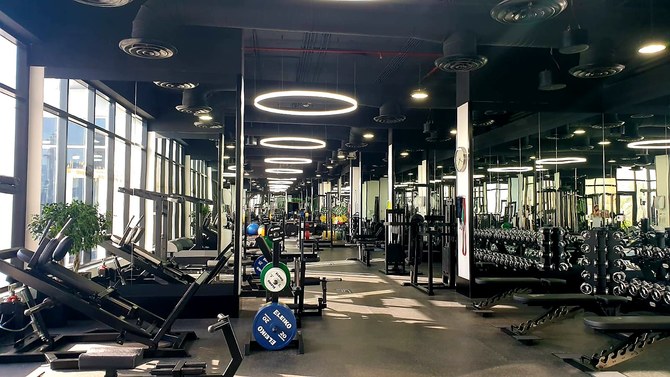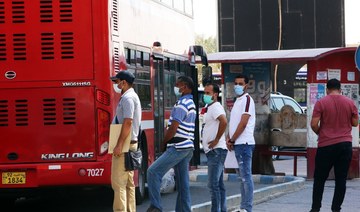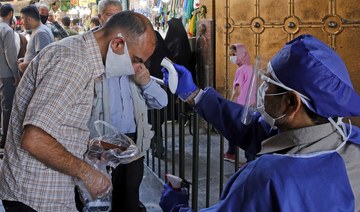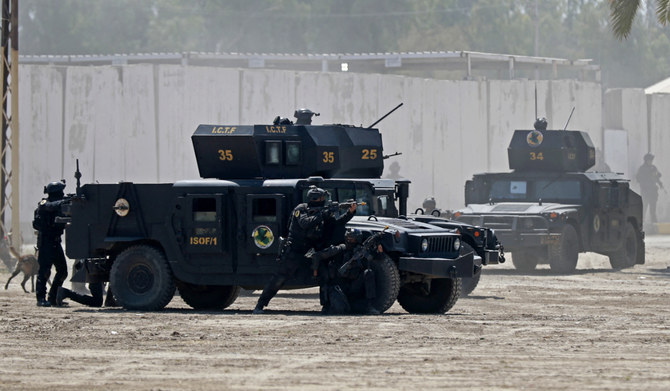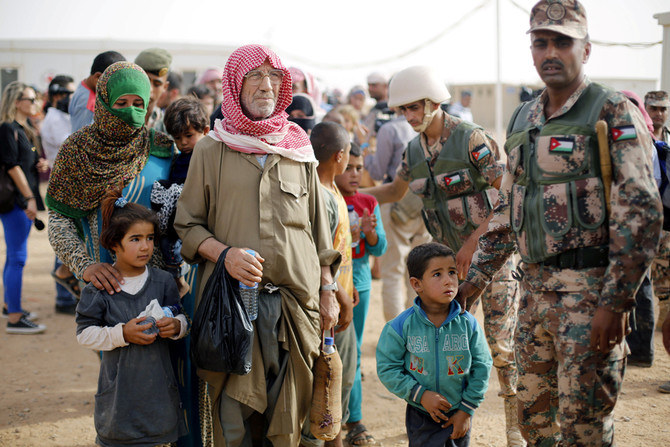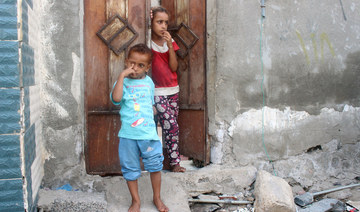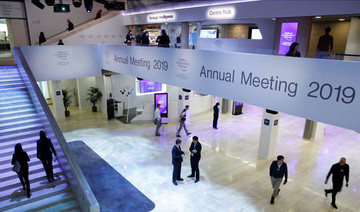KUWAIT: The COVID-19 outbreak has had devastating effects on almost all aspects of business in the region, and the gym and fitness sectors are no exception. In response to this unprecedented challenge, some operators have come up with innovative ways to stay afloat and continue serving their customers.
Before the virus hit, the fitness market in Kuwait had achieved a steady annual growth rate of around 6 percent between 2012 and 2017. This expansion was fueled by an increasing expatriate population, widespread obesity, and a rise in health consciousness that has led to a shift in lifestyle. The growth rate was expected to hit around 10 percent in 2022, based on a report by Research And Markets.
“The COVID-19 pandemic has affected our business greatly over the past six months and will continue to do so until people feel safe to return to the normality of life,” said Anthony Brown, operations manager at Elite Fitness, a facility in Kuwait that offers personal training, group fitness classes and aerial yoga, among other fitness activities.
Gyms and fitness clubs in Kuwait were forced to shut down in mid-March. As part of the government’s reopening plan, the sector was not allowed to resume operations until the end of August with certain restrictions in place to limit the spread of the disease among gym-goers.
“You put people together in a closed environment, particularly where they engage in strenuous activity that may involve them producing droplets, heavy breathing, shouting, whatever else,” Dr. Mike Ryan, an epidemiologist and the executive director of the World Health Organization’s Health Emergencies Program, said in a Q&A session on COVID-19.
With six full months of complete business shutdown, Elite Fitness — as other fitness businesses in Kuwait — had to innovate to remain afloat and ensure their staff of almost 70 people can survive.
“We immediately went online, offering classes and personal training sessions to be conducted through apps such as Zoom and Instagram,” Brown said.
According to him, that was not enough because a gym’s main source of revenue is people walking through the door and buying a membership. Thus, Elite Fitness and some of its peers decided to move the gym to customers’ homes.
“We are very fortunate in that we have a huge stockpile of equipment, so we were able to do this without compromising any equipment which we use in our facilities on a day-to-day basis,” Brown said.
IN NUMBER
6% Annual growth rate of Kuwait’s fitness sector in 2012-2017.
Over this period, the maintenance workers, receptionists and management team successfully rented out various gym equipment to over 100 customers. Most of the gear was delivered and unloaded in homes to ensure it arrived safely and in proper working order.
“People are now in the habit of (exercising) at home; they have seen the ease with which it can be done and the time and money they can potentially save,” Brown said.
While this shift might not be in the best financial interest of the gym industry, adapting to the new reality has helped Elite Fitness deal partly with the devastation the pandemic has caused.
Furthermore, current restrictions on the number of people allowed into fitness facilities increase the burden on the industry as it tries to recover. “We have over 3,500 square meters (of space). For our business to be functioning and profitable, we need to keep it busy,” Brown said.
Before COVID-19, Elite Fitness delivered over 200 sessions of personal training daily. Limits on how often members can come to the gym and the fact that classes can no longer be back to back to allow for cleaning have significantly impacted the number of training sessions the company can currently offer.
Brown, however, is not worried about the long-term prospects of his industry. “I think, with time, more people will start coming back. Gyms in Kuwait are very social and give people an outlet to interact, so inevitably they will again want to do this,” he said.
“As the market begins to recover and the population starts to regain confidence in getting out and (being) social, the industry will again start to boom, as it has over the past 10-15 years.”
_________________________
ª This report is being published by Arab News as a partner of the Middle East Exchange, which was launched by the Mohammed bin Rashid Al Maktoum Global Initiatives to reflect the vision of the UAE prime minister and ruler of Dubai to explore the possibility of changing the status of the Arab region.




